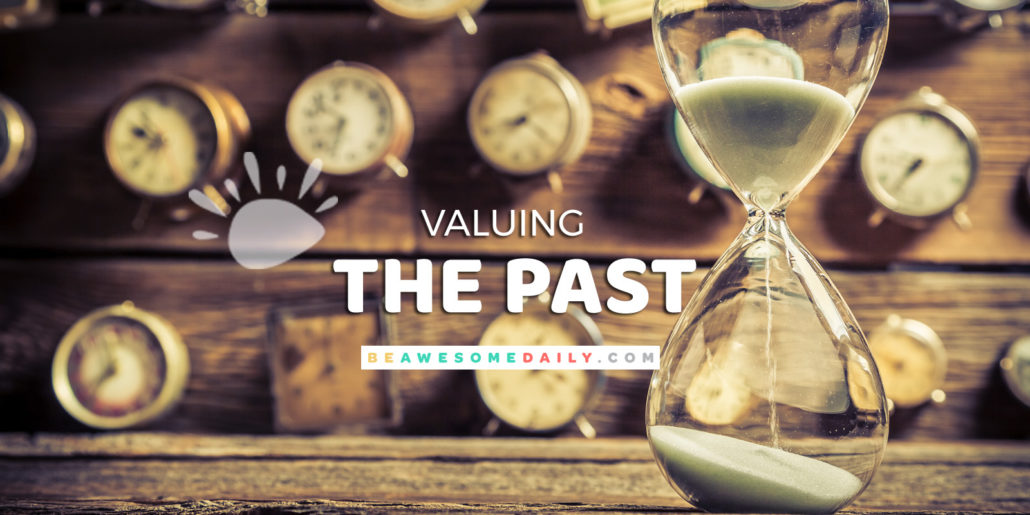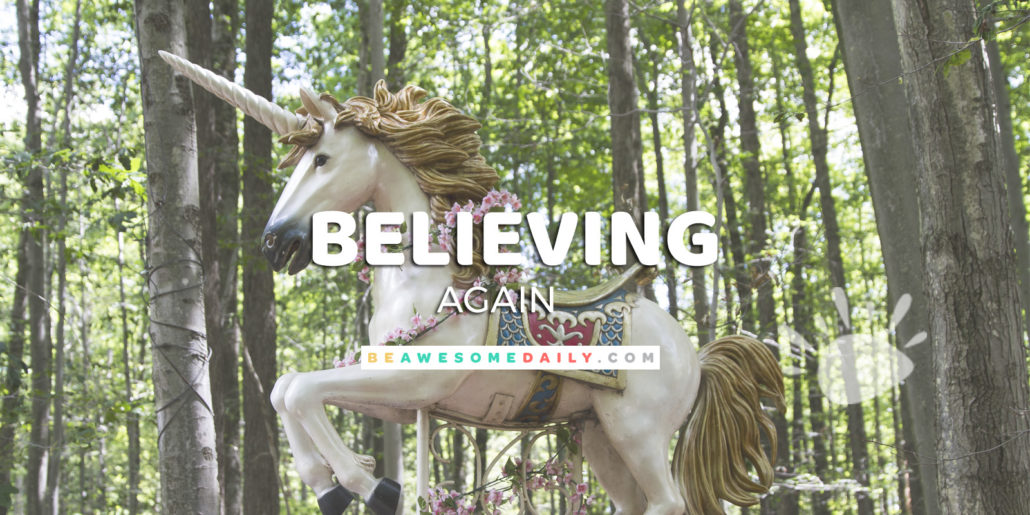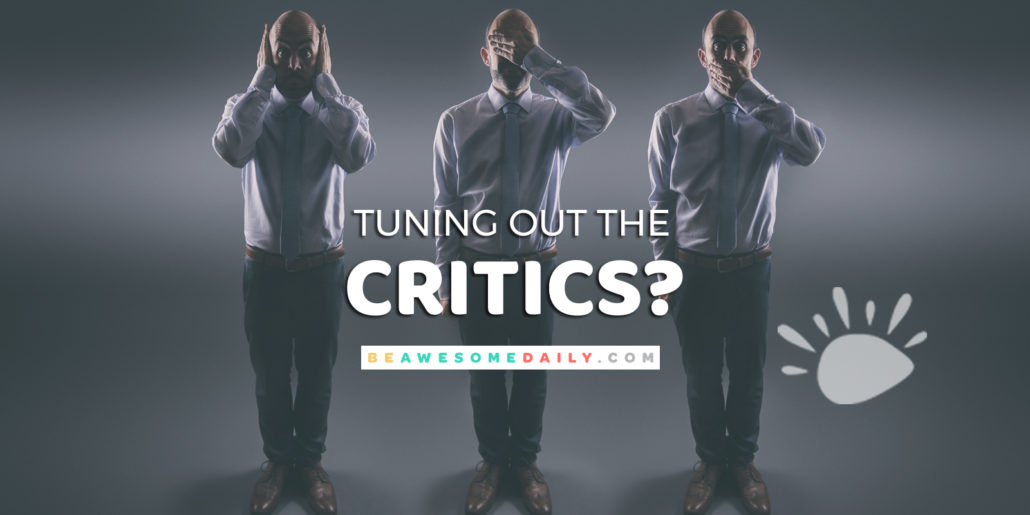
There’s nothing wrong with the status quo.
The details of how we arrived at this pivotal moment, can be found in the ideals and the decisions made in the past, and the limits we find on our capabilities today are only a matter of challenging what is, with a clear understanding that people — good, hard-working, passionate people were responsible for the changes they made that got us to today.
Even if they seem stale and stagnant to us — the next generation.
Looking back — if we’re willing to see the status quo as it was before it became the status quo — we will see people just like us, challenging the “old guard,” and looking for ways to push beyond the place things were to find a better way.
We cannot stand still.
But we cannot move forward without honoring the wisdom of those who have come before us.
We cannot get discouraged — real progress only comes when we’re here for the long haul.
Yes, you’re right, it shouldn’t be this difficult. Times have changed. Times are always changing.
What happens next is up to us.
Because when we find ourselves standing where they are, and we discover that we have become the status quo, we cannot forget who we were before we (suddenly?) became them.
Valuing the past ensures that someday, we too will be appreciated for the things we contributed to move our community, our country, or society forward.
The only thing we cannot do, is give up — on finding a way — on creating a future that we can be proud of.










